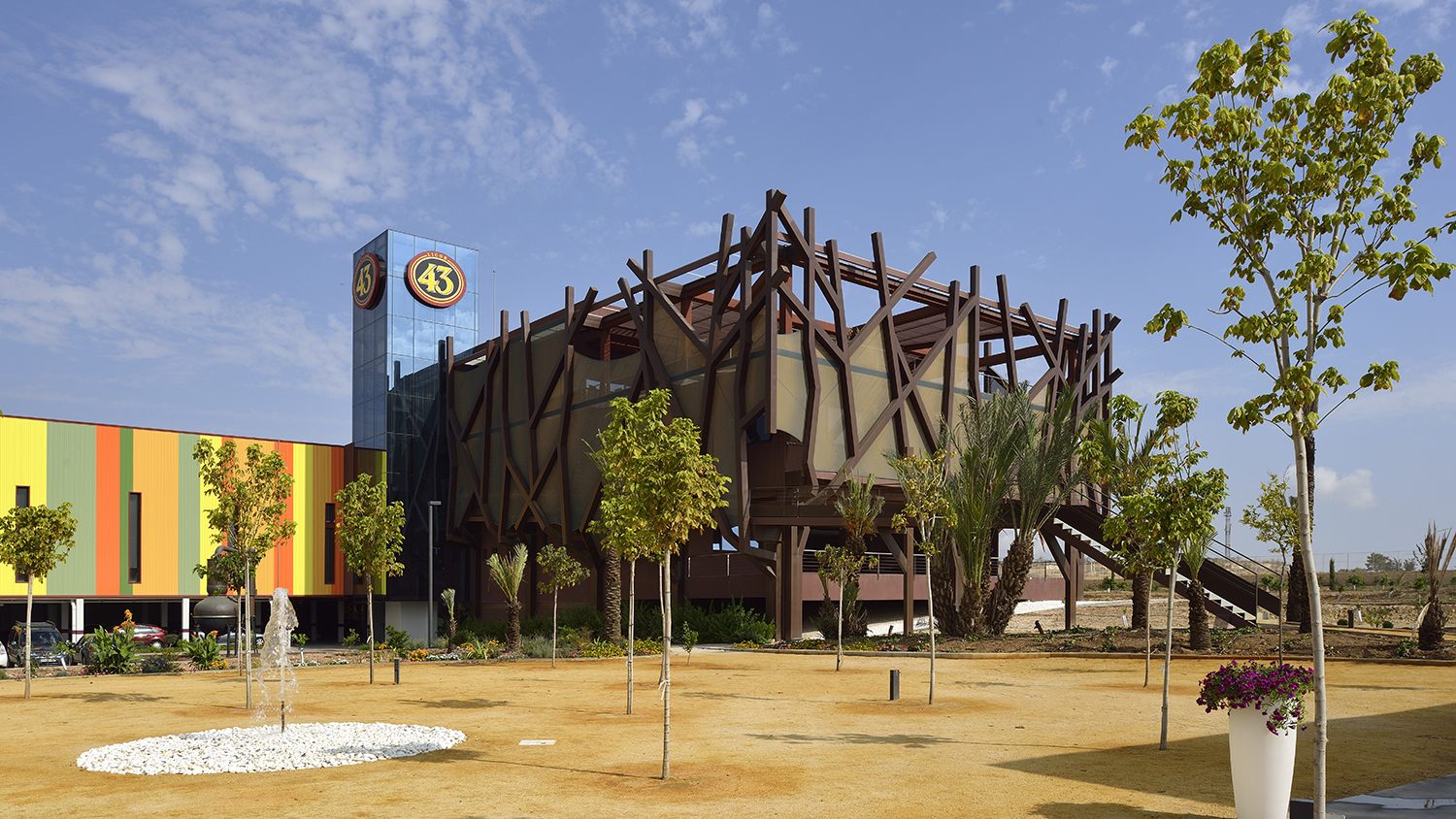
Press & MediaComunication
90% of Zamora Company's energy consumption in 2025 will come from renewable energies
90% of the energy consumption of ZAMORA COMPANY, owner of Licor 43, Ramón Bilbao, and Martin Miller's Gin, will come from renewable energies by 2025. This objective is part of the environmental area of its 'Conscious Company' strategy aimed, among other aspects, at optimising energy consumption and reducing greenhouse gas emissions into the atmosphere and their consequent impact on climate change.
The group is currently working to achieve this objective and today 63% of its energy consumption comes from renewable sources. On the other hand, and focused on optimising energy use, in 2022 the company managed to maintain energy consumption compared to 2021, although the production of its plants increased by 18%. "We strongly support the fight against climate change as a global challenge and, in particular, because of the impact on our own activity. Our wines and spirits come from nature, and it is our responsibility to protect it," says José María de Santiago, President of Zamora Company.
In line with this environmental commitment, the group also plans to reduce its CO2 emissions to the atmosphere by 15% by 2025, with 2018 as the base year. "In 2018 our emissions, although below the sector average, were still high. We are satisfied with the direction we are taking because in the last three years, we have reduced emissions by 14% in scopes 1 and 2, derived from the consumption of natural gas, diesel, and electrical energy," explains Carmelo San Martín Gil, corporate manager of Quality and Environment at Zamora Company.
On this path towards the decarbonisation of the energy model and towards more sustainable environments, the company has just inaugurated a photovoltaic installation at the Cartagena plant with an energy production capacity of 218,330 kW. The measure will enable Zamora Company to reduce its annual carbon footprint by more than 74 tonnes of CO2.
This action coincides with the recent 'S' sustainability certification awarded by the Spanish Institute for Tourism Quality (ICTE) to 'Experiencia 43', the Licor 43 brand experiential space located next to the Licor 43 production plant in Cartagena, Murcia, making it the first tourist centre within the industrial tourism branch in Spain to obtain this certification, and which is further proof of the group's commitment to energy efficiency and sustainability. "The photovoltaic installation at the Cartagena plant will allow us to generate 20% of the total energy consumed using solar panels," said San Martín.
In addition, to optimise energy consumption and move towards the goal of reducing its carbon footprint, the premium spirits and wine distributor has adapted its lighting throughout its facilities to low-consumption models and has replaced field machinery with more efficient and sustainable ones, moving towards the use of electrical equipment.
100% renewable electricity consumption
By brand, the electricity consumption of the Galician winery Mar de Frades comes from 100% renewable energy. This achievement has been made possible thanks to the implementation of the Conscious project, an ambitious program to combat climate change, which is based on several specific measures that affect the entire Mar de Frades production process. The Galician winery is also part of Wineries for Climate Protection, the first specific certification for the wine sector in terms of environmental sustainability, which has driven it to achieve this energy achievement, as well as other equally important ones such as the reduction of CO2 emissions.
The Pacharán Zoco plant in Navarra has established as one of its strategic objectives for 2025 to achieve 100% of the energy consumption in its facilities from renewable energies, a measure on which it is working in parallel with other environmental milestones such as improving water management and reducing waste and CO2 emissions. Currently, 80% of the plant's energy consumption comes from green energies.
In the wineries of Ramón Bilbao Haro (La Rioja) and Ramón Bilbao Rueda (Valladolid), 100% of the energy consumed comes from renewable sources, with self-generation facilities and biomass boilers as the main sources of their own energy production. Its commitment to energy efficiency has also meant the application of the latest energy-saving and efficiency technologies in machines and processes.


